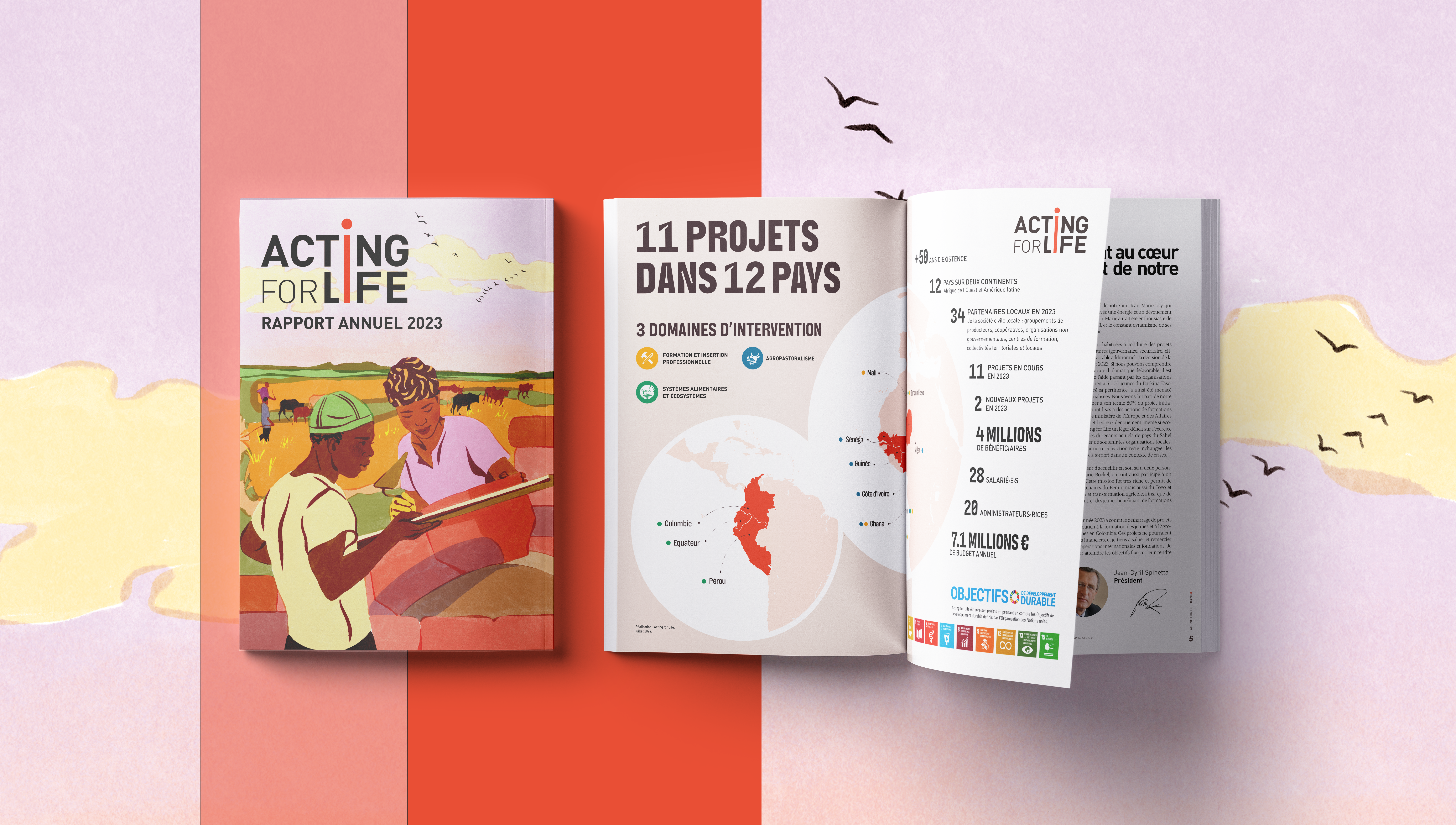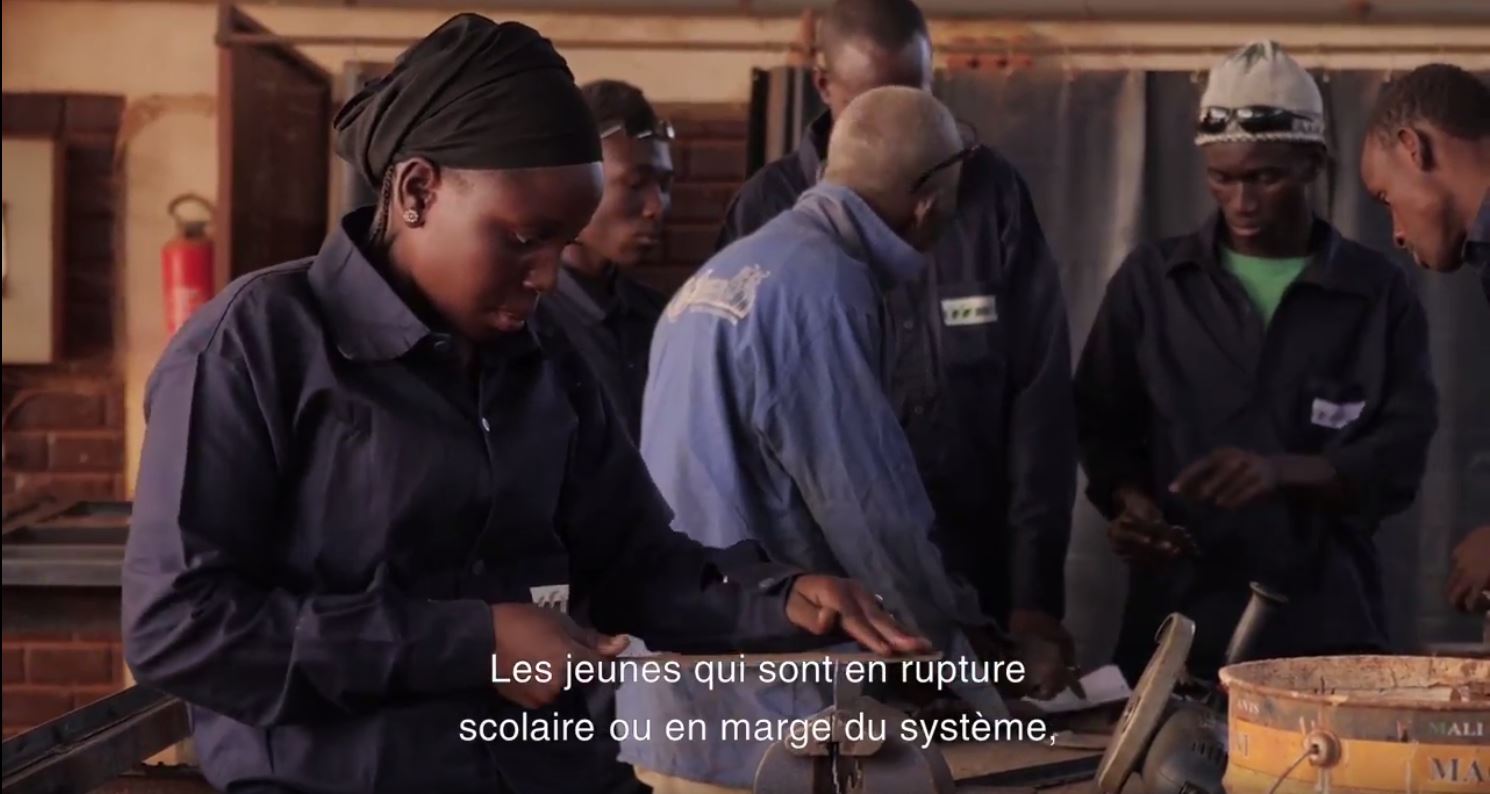25 october 2022 – The success of the partnership between local authorities and livestock markets management committees lies essentially in the constitution of these committees and the distribution of revenues.
Self-managed livestock markets are increasingly being promoted. They allow more traceability and sustainability than “traditional” or “project” markets. Indeed, huge profits are untraceable and untaxed in traditional markets; project markets disappear after the project is completed. The establishment of a self-managed market alone cannot guarantee the payment of taxes.
In the past, many local officials have underestimated the importance of the livestock trade. However, thanks to a collective awareness, there is no longer any question of leaving the financial manna hidden in the hands of a few people.
The delay accumulated by local authorities in the management of livestock trading infrastructures is gradually being made up for thanks to projects such as PAMOBARMA, the Livestock Mobility Support Project for Better Access to Resources and Markets, run by Acting for Life and its partners. There is a real awareness of the challenges of the agro-pastoral sector and a clear interest on the part of local authorities to work with livestock farmers to ensure more traceable, equitable and sustainable economic management.
The executive secretaries representing the local authorities consider the delegation of livestock market management to be relevant and are working on signing agreements with the management committees, which have formed a formal association. Some committees do not hesitate to hire the services of a “manager”.
The success of the partnership between a town hall and a livestock market management committee lies essentially in the constitution of the committee (choice of members) and the distribution of revenues.
Autonomous management of livestock markets is more advanced in Benin and the model promoted in other countries of the West African sub-region.
There is no one-size-fits-all convention, but each commune must, depending on the general socio-economic context and particularly the weight and geographical position of the livestock market, find the appropriate formula to define the rights and duties of the contracting parties.
Not all agro-pastoral infrastructure automatically generates revenue, as is the case with an animal passageway. Some water works (especially boreholes), rest areas and grazing areas deserve as much attention as livestock markets in their construction and management in order to ensure not only maintenance but also a return on investment.

Article written by Zana Coulibaly, Programme Director at Acting for Life, following his participation in the webinar series entitled: “Managing livestock markets and other agro-pastoral infrastructure: a goldmine for local authorities?“.



